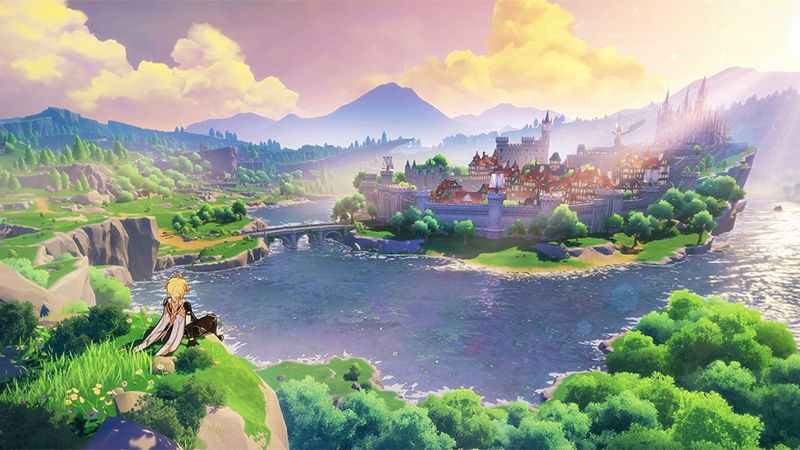A year ago, the world changed. People adjusted to life in a pandemic, a historic presidential election gripped autumn by its collar, and most importantly: Genshin Impact came out. The video game took the market by storm. It won multiple Game of the Year Awards and in just one year, earned $2 billion in mobile game sales alone. What’s the secret? Is it the cute character designs? A compelling story? Or is it just gambling with a flowery frame?
Over the last few years, “Gacha” games have swept the mobile game market. From Class Royale to Cookie Run to the aforementioned Genshin Impact—the “collectible” format of video games has skyrocketed in popularity, for better or for worse.
Despite their recent popularity, Gacha games have a long history. The word “Gacha” derives from Japanese “Gachapon” games: mini, randomized toy vending machines. While Gachapon isn’t technically “gambling,” the appeal is the thrill of chance and the unknown. In the mobile format, Gacha games act as Gachapon machines, with the playable characters or cards as the Kinder surprises inside.
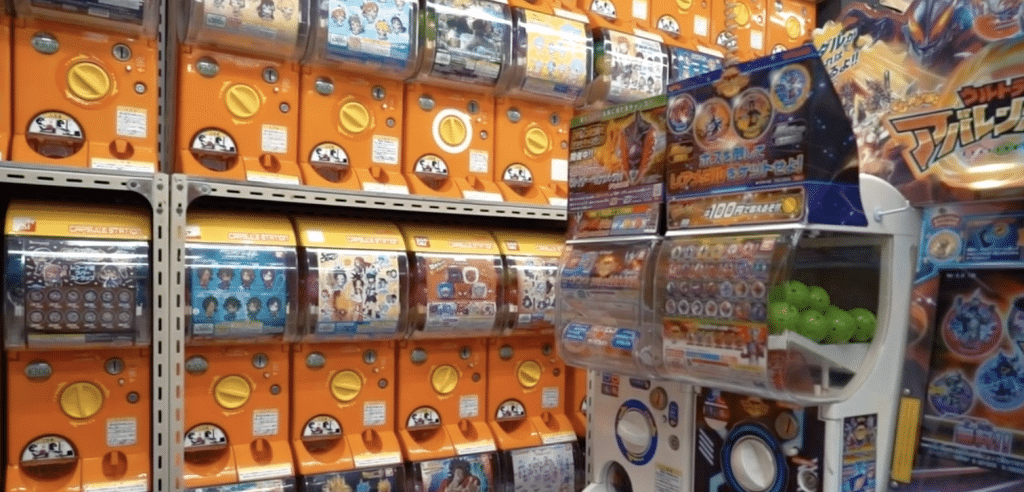
For example, Cookie Run: OvenBreak uses a platformer as a supplement to its Gacha system. The characters collected through semi-random lotteries have different abilities that can be used in play. While one can earn “keys” to these lotteries in-play, in-game purchases can boost the number of draws one can partake in, and the chance of getting a desired character or ability.
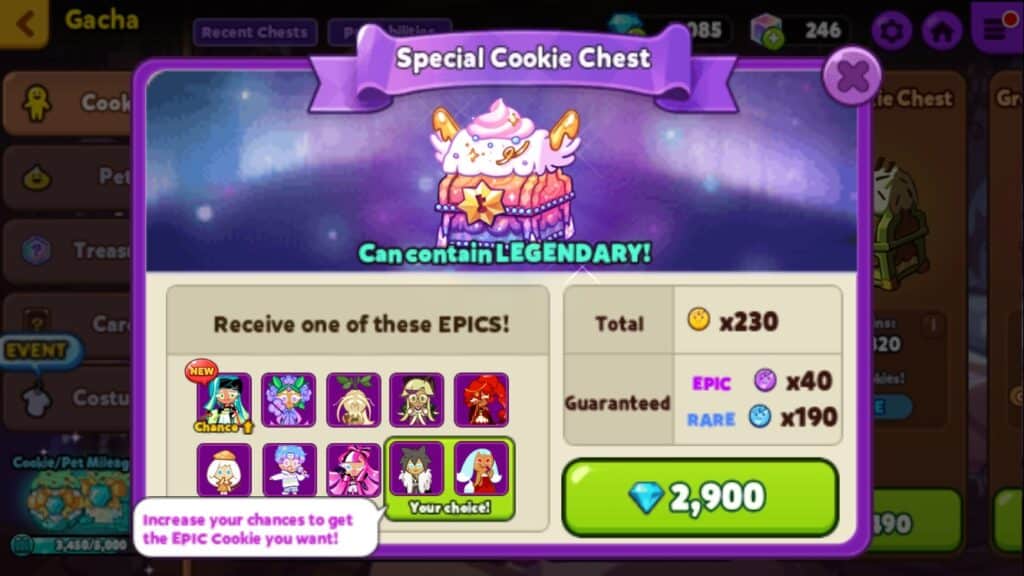
Credit: Screenshot/Cookie Run
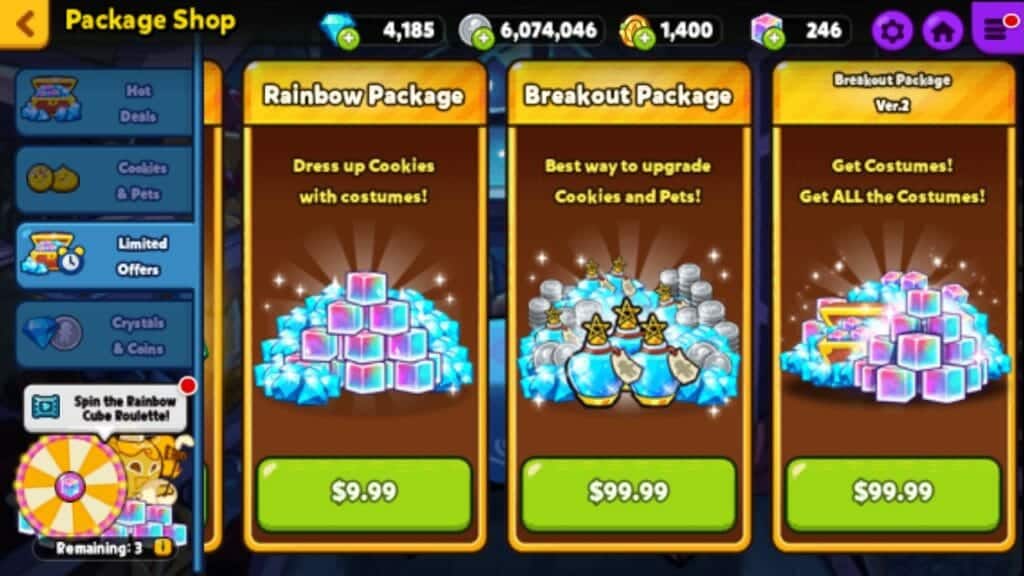
Credit: Screenshot/Cookie Run
Now, this might sound a bit familiar to the video-game-conscious people out there. Aren’t these just loot boxes all over again? In many MMORPG games like Overwatch and Fortnite, “Loot Boxes” were the alternative to traditional in-game purchases. Players couldn’t just spend a few dollars on a skin or weapon they wanted, they had to buy loot boxes for the chance of randomly getting that item. It forces more in-game purchases, and it’s often equated to gambling.
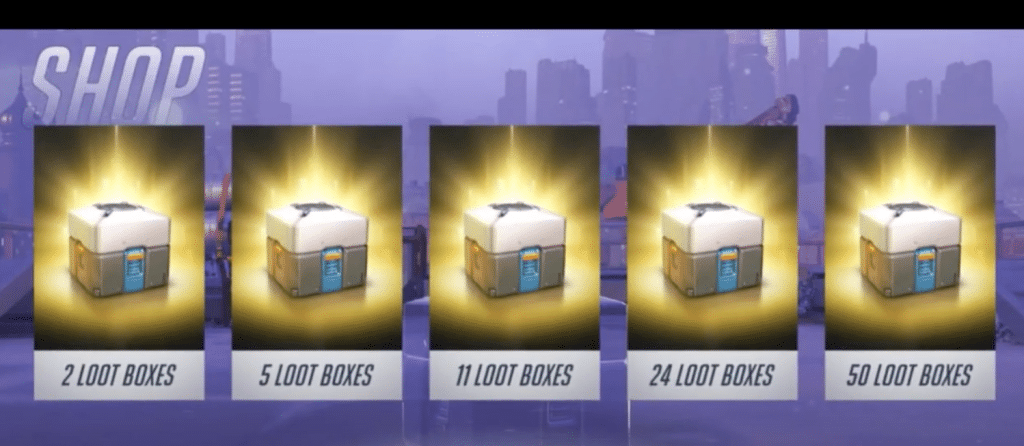
Besides, online gambling has existed for a long time, from chinsy mobile poker games to online forums dedicated to playing for chance and for cash. So, what’s the difference between that and Gacha games?
Many players explain that since technically the game is free to play, and one can play it regardless of financial commitment. The most prolific Gacha games tend to portray their microtransaction-based economy as an extra, while the gameplay itself is specifically crafted to be engaging.
However, the argument rings hollow when the actual gameplay is just a supplement to the real money-making machine. For example, Genshin Impact made over $9 million in two days after a release of a new character.
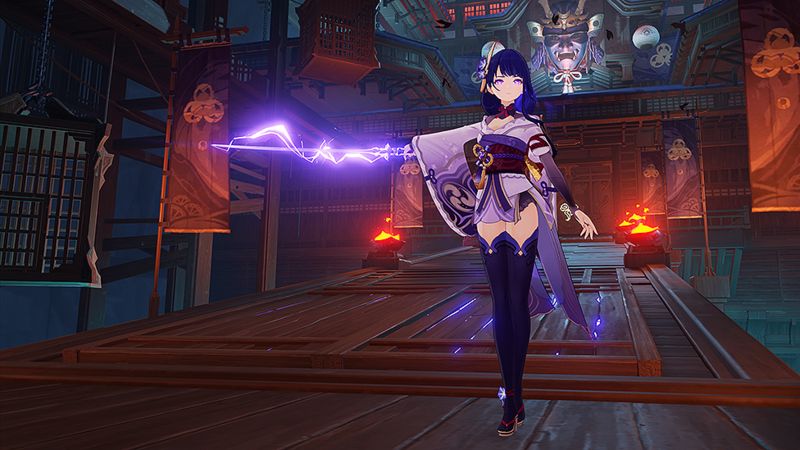
Credit: Screenshot/Genshin Impact/Mihoyo
If someone is not only invested in “winning,” but also emotionally invested in the character they want to collect (due to either a story or how they impact the game system), it makes the free-to-play narrative draw of games like Genshin and Cookie Run a bit more sinister.
This video humorously explores some of the ways that Genshin’s gameplay exploits its players for money.
In fact, Beligum has banned games like Genshin because of its anti-gambling legislation.
Other criticisms have been lodged at the Gacha format. For example, a lot of games’ “collectables” are sexualized artwork of anime women. The objectification of women through these games has fostered some toxic fan communities.

Credit: Youtube/Nintendo
However, many fans of games like Genshin push back on criticisms, explaining that the popularity and fandom doesn’t necessarily indicate a toxic gambling atmosphere. Because of the COVID-19 quarantine, games with extensive player participation became popular, and a means for many isolated individuals to connect with something during an uncertain time.
Overall, as more and more games take inspiration from the format, more and more money will come out of it. If Gacha is the future, it shouldn’t get off scot free in the marketplace of ideas.


